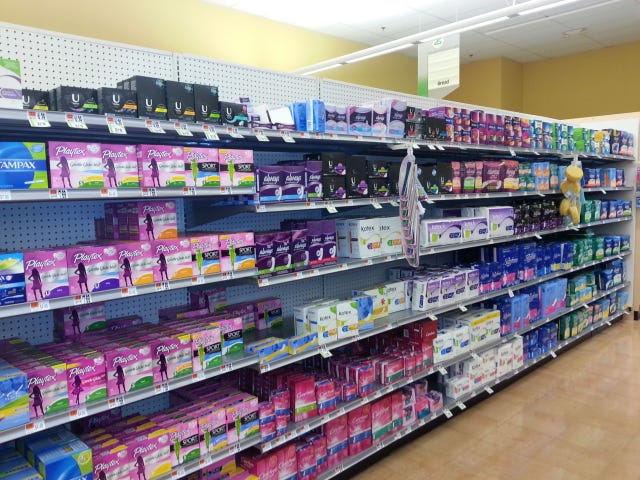Recently, there’s been a lot of talk on pregnancy and the ‘best’ way to give birth. Apparently, natural birth is good parenting.
The debate all started when French doctor Michel Odent published his latest book. He claims that because childbirth has become so medicalised, women are no longer able to go through pregnancy without intervention. I’m sorry but is it just me thinking that women have a choice about their child’s birth? And a better explanation for why more women are choosing a medical input is more likely that women are producing bigger, healthier babies than before.
But it doesn’t stop here. Another point he makes is that women must give birth in hospital because at home it is more likely that things will go wrong. Well, I have five younger brothers and sisters – four of whom were born at home – and we’re all as healthy as each other. And my mum preferred home birth too. But I suppose she doesn’t get a say in the matter, eh Odent?
What’s more, Odent argues that there should be no man present during the birth – midwife and family alike. Because men have brought with them machines. I thought machines have aided pregnancy and I’m pretty sure machines have helped in all areas of life. And family deserve to be there at the pregnancy if the woman allows it, especially the father of the child who actually helped to produce their child.
The purpose of pregnancy is to have a healthy baby. It doesn’t matter how the woman chooses to give birth as long as the child’s interest is at heart. Things go wrong in pregnancy sometimes and can affect the baby. But this can happen whichever way you choose to give birth, let alone other factors have an input too. Women, the choice is yours, don’t let people judge you.

 Every culture and society is different. What is deemed rude in one society is acceptable in another and vice versa. And every country has their habits and traditions too. Learning about what is different between your culture and someone else’s is really interesting. Even if it’s really small things, they can matter an awful lot.
Every culture and society is different. What is deemed rude in one society is acceptable in another and vice versa. And every country has their habits and traditions too. Learning about what is different between your culture and someone else’s is really interesting. Even if it’s really small things, they can matter an awful lot.



